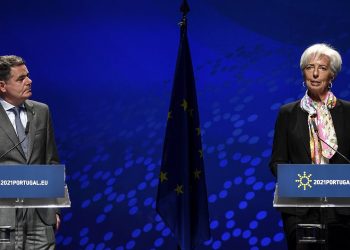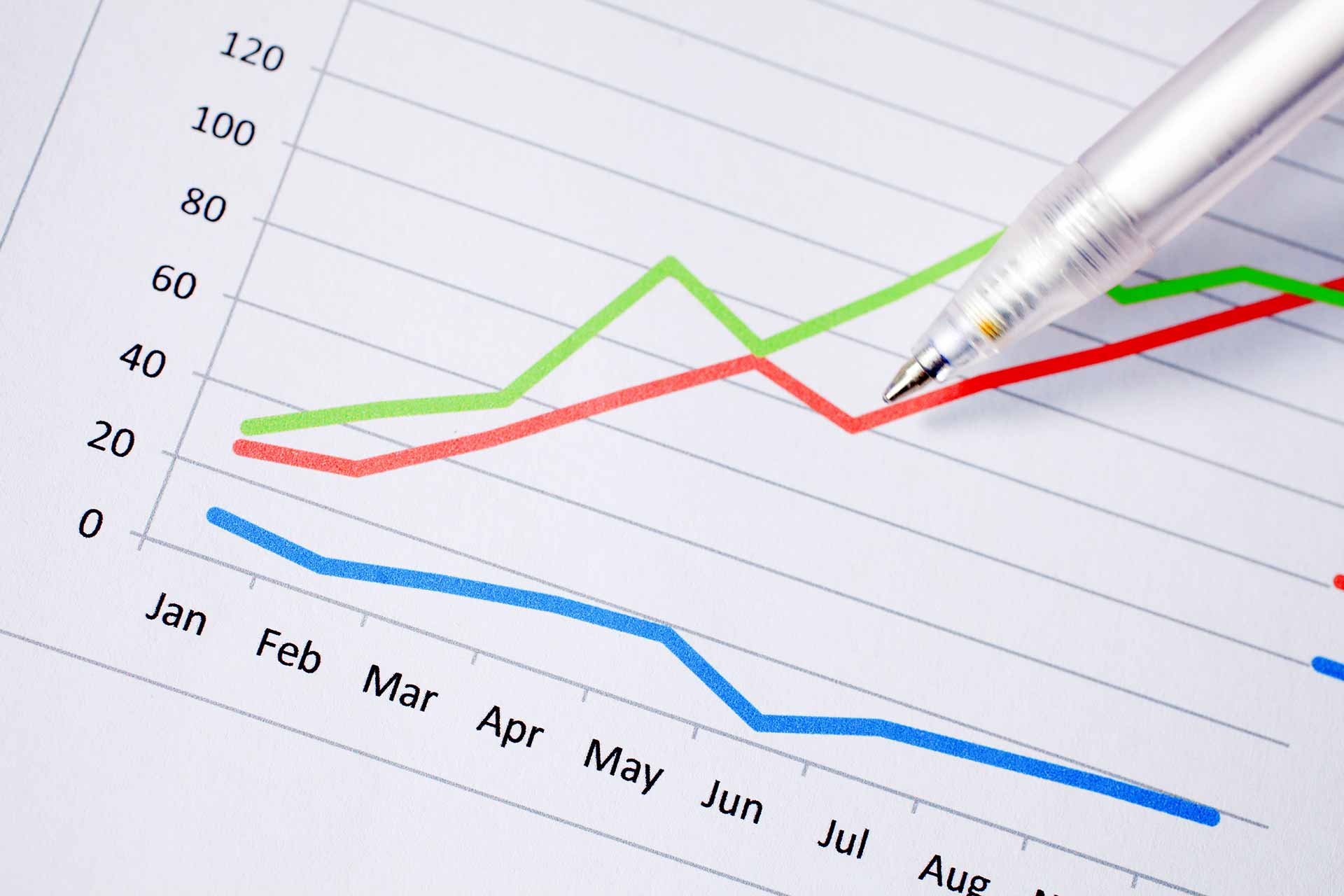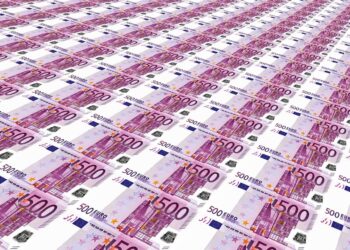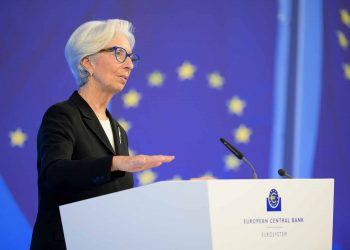Central banks have already started to look at climate-related risks, greening monetary policy in the context of financial stability. Should they also take the carbon intensity of assets into account in the context of monetary policy? ECB works in a greening principle in the implementation of monetary policy to ensure ‘market neutrality’. The central bank buys a proportion of the market portfolio of available corporate and bank bonds (in addition to government bonds). But this implies a carbon bias, because capitalintensive companies tend to be more carbon intensive.
I think that it is almost unanimous within the Governing Council that climate imperatives are nothing less than imperatives.
Christine Lagarde, President of the European Central Bank
Central banks traditionally take a long-term view of economic and financial developments and play an important role in the economy through monetary policy and in the financial system by providing financial stability. In the second role, central banks have started to examine the impact of climate-related risks on the stability of the financial system. Consistent climate-related financial disclosures for financial reporting by companies and financial institutions have been developed by the Financial Stability Board’s Task Force on Climaterelated Financial Disclosures. Mr Frank Elderson, Member of the Executive Board of the ECB explains how the ECB is Greening the monetary policy.
Lagarde EU debates Green Recovery and EURO growth
Frank Elderson eudebates Greening monetary policy
Climate change requires urgent action, and the window of opportunity is closing fast. The ECB must be committed to doing its part. Yet, such commitment may raise a few eyebrows: why should the ECB care about climate change and how does that square with its mandate? These are important questions that we take seriously: the European Union is underpinned by the rule of law, and the ECB can only act within the limits set by the founding Treaties.
Addressing climate change was not an urgent issue when the ECB’s mandate was drafted. Yet its authors wisely provided us with rules and principles on what we are required to do, what we could do, and where the limits of our responsibility to address future challenges, including climate change, lie. What emerges from a careful reading of the Treaties is that they demarcate a vital policy space within which we must now take our decisions.
Climate change can directly affect inflation
First, the ECB’s primary objective is to maintain price stability. Climate change can directly affect inflation. This may happen when more frequent floods or droughts destroy crops and raise food prices, for example. Mitigation policies can also affect consumer prices such as electricity and petrol directly or indirectly, for instance through higher production costs. These issues clearly lie at the heart of our mandate. Moreover, the effectiveness of monetary policy could be hampered by the impact of climate-related structural change, or by disruption to the financial system.
For example, losses from disasters and stranded assets could impair credit creation. During the sovereign debt crisis and the pandemic, the ECB has taken resolute action and developed new policy tools to preserve the singleness and effectiveness of monetary policy. The Court of Justice of the European Union has confirmed that catering for the preconditions required for the pursuit of our primary objective falls within our mandate to maintain price stability.
ECB inflation forecast 1.5% for 2021 and 1.2% for 2023

Price stability and sustainable development
Second, the Treaties gave the ECB the – sometimes overlooked – obligation “to support the general economic policies in the Union”. This support must not prejudice the objective of price stability. According to EU law, this includes contributing to “the sustainable development of Europe based on […] a high level of protection and improvement of the quality of the environment”. This mandate, which is sometimes referred to as the ECB’s “secondary objective”, stipulates a duty, not an option, for the ECB to provide its support.
Beyond that, the Treaties explicitly state that environmental protection requirements must be integrated into the definition and implementation of all EU policies and activities, which include actions taken by the ECB. More generally, the Treaties require consistency between EU policies. These provisions, although not conferring a specific mandate for ECB climate change action, do require us to take into account the EU’s environmental objectives and policies when pursuing both our primary and secondary objectives.
Climate change on ECB balance sheet
And in any case, the ECB must respond to risks related to climate change that may have an impact on its balance sheet.
The Treaties also set limits on what climate-related actions the ECB can take. First, the ECB’s support for EU policies should be without prejudice to the primary objective of price stability. Second, we must not encroach on the competences of other authorities that are responsible for environmental policy at the EU or national level. Unlike for price stability, we are not policymakers in this field but rather we need to defer to the balance struck between environmental concerns and other societal interests by the EU’s political institutions and Member States.
We must contribute to the success of climate change-related policies, but we cannot make such policies ourselves. What is more, the principle of proportionality requires that the content and form of our actions not exceed what is necessary to achieve the objectives of the Treaties. Finally, the ECB must act “in accordance with the principle of an open market economy with free competition, favouring an efficient allocation of resources”.
Through our strategy review, we will determine where and how the issue of climate change and the fight against climate change can actually have an impact on our policies.
Christine Lagarde, President of the ECB

Clear obligations and limits on how the ECB is Greening monetary policy
These underlying rules determine general – but clear – obligations and limits on how the ECB must contribute to society’s urgent need to tackle climate change. They provide substantial scope for necessary action across our various functions.
Climate considerations form an essential part of our ongoing monetary policy strategy review. We are already taking action where there is overlap between climate change and our areas of competence relating to financial stability, we have clarified our supervisory expectations of how banks should manage climate risks, we are conducting a climate stress test, and are one of 83 members of the Network for Greening the Financial System. These considerations and actions demonstrate the ECB’s determination to fulfil its mandate while giving the necessary level of urgency to climate change issues.















